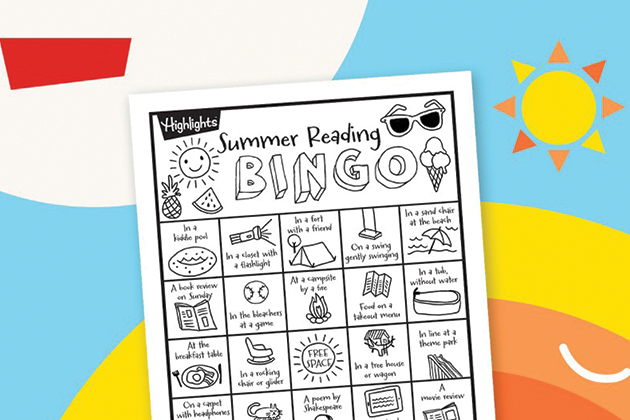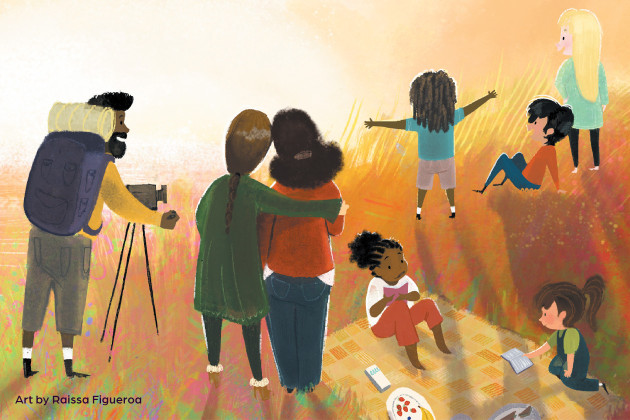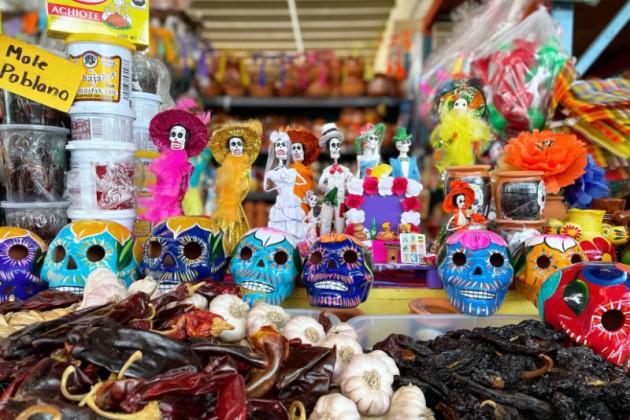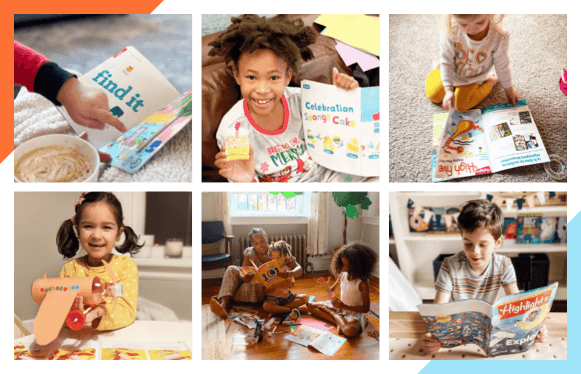DIY Giant Tic-Tac-Toe Game
By: Highlights Editorial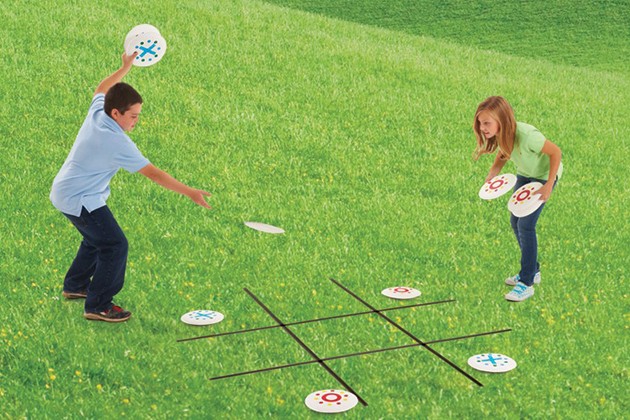
Count, take turns, accept victory and defeat—it’s all part of this lively game, played indoors or outside, for kids of all ages.
What You'll Need
What to Do
-
Use masking tape or chalk to make a tic-tac-toe grid on the floor (indoors) or the ground (outdoors).
-
Decorate 5 plates with X’s and 5 with O’s.
-
Staple each decorated plate to a plain plate to make disks.
To Play:
Stand 2 feet away from the tic-tac-toe grid. Take turns tossing the disks, one at a time. The first person to get 3 disks in a row wins that round. Play until you are out of energy!
A Trivia Note:
When a tic-tac-toe game is a tie, it’s often called a “cat’s game,” but no one is quite sure why. Some think this refers to a cat that chases its tail but never wins. Can you think of any other explanations for this phrase?
Extend the Fun
For younger kids: Strategy doesn’t come naturally to little ones, so give them an extra turn at Giant Tic-Tac-Toe or practice on a smaller scale with a paper game of tic-tac-toe. Even if a child is too young to participate in an actual game, they can practice drawing X’s and O’s or bending chenille sticks (aka pipe cleaners) into those shapes.
For older kids: Raise the stakes! Make more disks and enlarge the game board into a 4 x 4 or 5 x 5 grid to increase the challenge. Who will be the first to get 4 or 5 in a row?
Whether to the pool, the playground, Grandma’s house or on vacation, you’ll find plenty of summer fun for kids. From hands-on summer activities for kids to their new favorite summer shirts and fun travel games to take along … let’s go summer!


